The mother’s womb is perhaps the first place we ever knew, yet it remains beyond reach – unremembered and unfelt. That absence alone is proof of how delicate and selective human memory is. It forgets the very spaces that shaped us, the moments that built us, and the lives we may have once lived.
Yet grief can reshape memory. After the loss of a loved one, memory becomes a way to re-live one’s life, to trace its arc from start to finish. And in revisiting it, new memories surface, ones that reshape your understanding of who you are and how you have lived.
My Brother, My Brother (Short 2025), an autofiction animation by Egyptian twin filmmakers Abdelrahman and Saad Dnewar, is a meditation on loss, not as an endpoint, but as a threshold to healing.
In a way, the film suggests that we carry the people we lose much like the womb once carried us, held within, shaping us from the inside, just as a child grows within a mother’s body.
Told through the story of identical twins Omar and Wesam, the film explores the bond they shared from the womb and how that connection is fractured by the death of one of them. Blending memory, dreams, and fragmented timelines, the story unfolds from two perspectives, revealing how grief can be both deeply personal and shared.
Since premiering at International Film Festival Rotterdam (IFFR) in February 2025, My Brother, My Brother (Short 2025) has screened at 14 international festivals and won four awards, including a Jury Special Mention at Clermont-Ferrand. Most notably, it became the first Egyptian film to win the Oscar-qualifying Golden Gate Award for Best Animated Short at the San Francisco International Film Festival.
Ahead of its national premiere, Egyptian Streets spoke with director Abdelrahman Dnewar about the personal roots of My Brother, My Brother (Short 2025), and how the film navigates themes of grief, memory, and loss following the passing of his brother and mother.
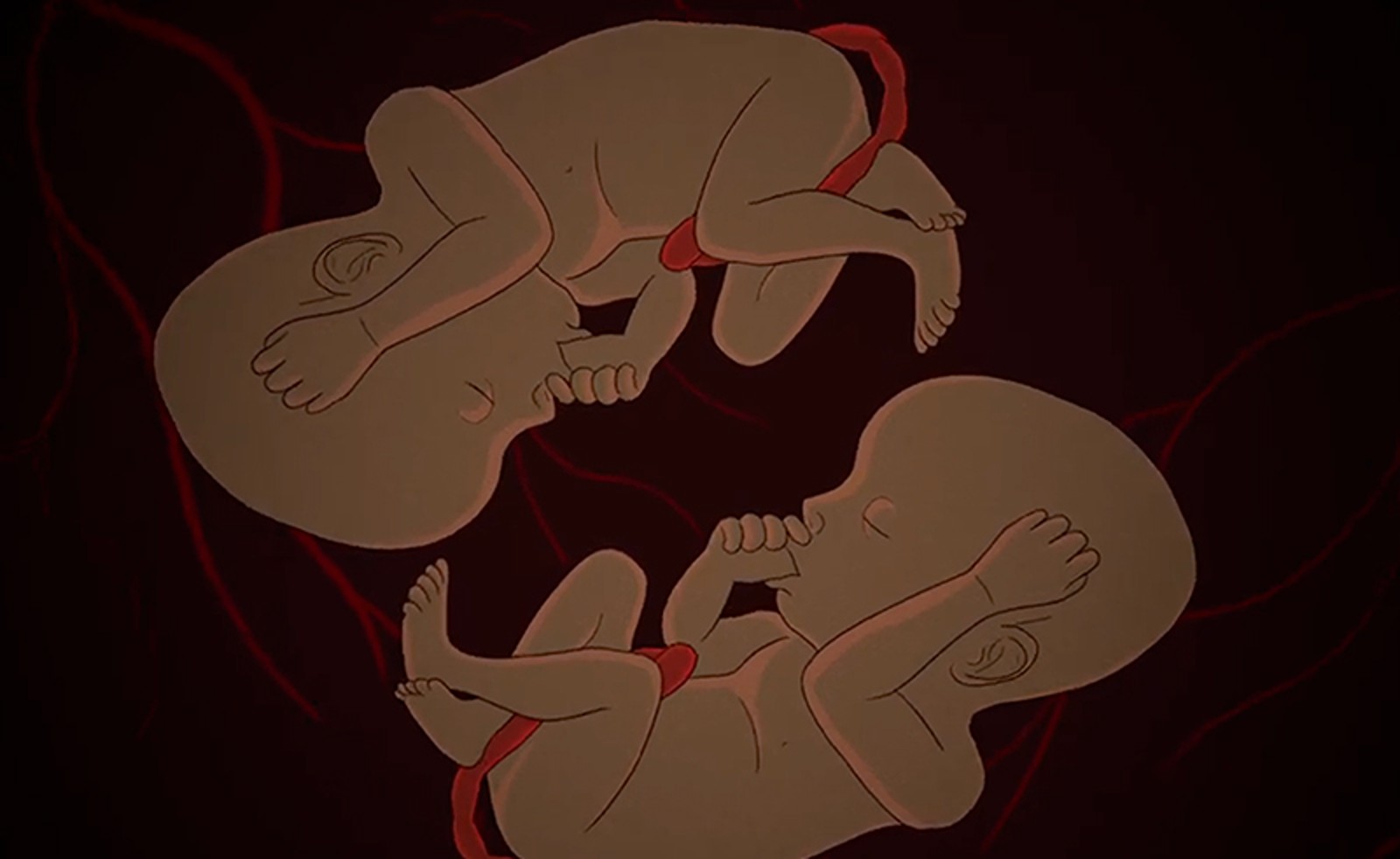
Can you take us back to the moment you and your brother first began writing the film? What emotions were you carrying into that creative space?
Memory is a never-ending construction site. Each time we recall something, we’re recalling the last time we remembered it, not the original event itself. It isn’t a perfect recording; it’s reconstructed with every visit. In Lacanian terms, memory functions like desire: it circulates around a lost object that can never be recovered in its pure form. We wanted to capture this fleeting, elusive quality of memory and translate it into cinematic form.
The locations in the film reappear at different moments, with subtle shifts in arrangement, angle, and mood. The idea was to have the audience build memories of these images, only to challenge them when they reappear.
I started writing this film together with Saad. Having grown up in a household where religious belief and scientific thought coexisted, we were always puzzled by conflicting worldviews and left longing for answers. As twins, we experienced the world differently from others. From the very beginning, life was something shared. We didn’t just share resources in our mother’s womb, we also shared one face, and at times, the accountability for each other’s actions.
We wanted to create a ping-pong-style, split narrative that reflects the duality of our past and highlights the subjectivity of memory.
Were there specific places or rituals that helped inspire your writing sessions, like working outdoors, in a studio, or elsewhere?
Since an early age, we used to draw, play with clay, come up with stories, and bounce our worldview off each other. So our process of working together came naturally.
In what ways do you think this film mirrors the emotional landscape of Egyptian households and family relationships?
The film is really a reflection of our own household and our experience growing up. It wasn’t made with the intention of commenting on broader family dynamics. But once a film is out in the world, it’s no longer just yours, it belongs to the audience. It was fascinating to see how many people related to it or created their own interpretations. In that sense, the process of reconstruction is still ongoing.
Why did you choose animation as the medium for telling this story? Were there particular techniques or ideas in animation you experimented with to create something that felt new?
It was a formal decision that we felt best served the story. We opted for a combination of 2D animation over real backgrounds. Using live-action cinematography allowed us to incorporate documentary elements and compensate for the lack of archival footage.
We then animated characters into these real environments to recreate and reenact memories. We also used real analog photos to build backgrounds or juxtapose them with animated sequences, further blurring the line between reality and fiction.
At the beginning of the film, we illustrate the lack of a proper archive for our family history, except for these photographs. From there, we slowly and seamlessly transition from real imagery into a fully constructed world.
Egyptian Stories Gain Momentum on the Global Stage
In recent years, Egyptian cinema has experienced a resurgence on the global stage, with filmmakers garnering accolades at prestigious international film festivals.
At the 2024 Cannes Film Festival, the documentary The Brink of Dreams, directed by Nada Riyadh and Ayman El Amir, made history as the first Egyptian film to win the Golden Eye award for Best Documentary. The film chronicles the journey of Panorama El Barsha, a street theatre troupe of Coptic Christian girls in rural Minya, as they challenge societal norms through performance art.
Director Morad Mostafa’s debut feature, Aisha Can’t Fly Away, was also selected for the Un Certain Regard section at the 2025 Cannes Film Festival, following the success of his short film I Promise You Paradise, which won the Rail d’Or at Cannes Critics’ Week in 2023.
Egyptian films have also made strides at the Venice Film Festival, where films like Seeking Haven for Mr Rambo by Khaled Mansour and Perfumed by Mint by Muhammed Hamdy were featured, highlighting the diverse narratives emerging from Egypt.
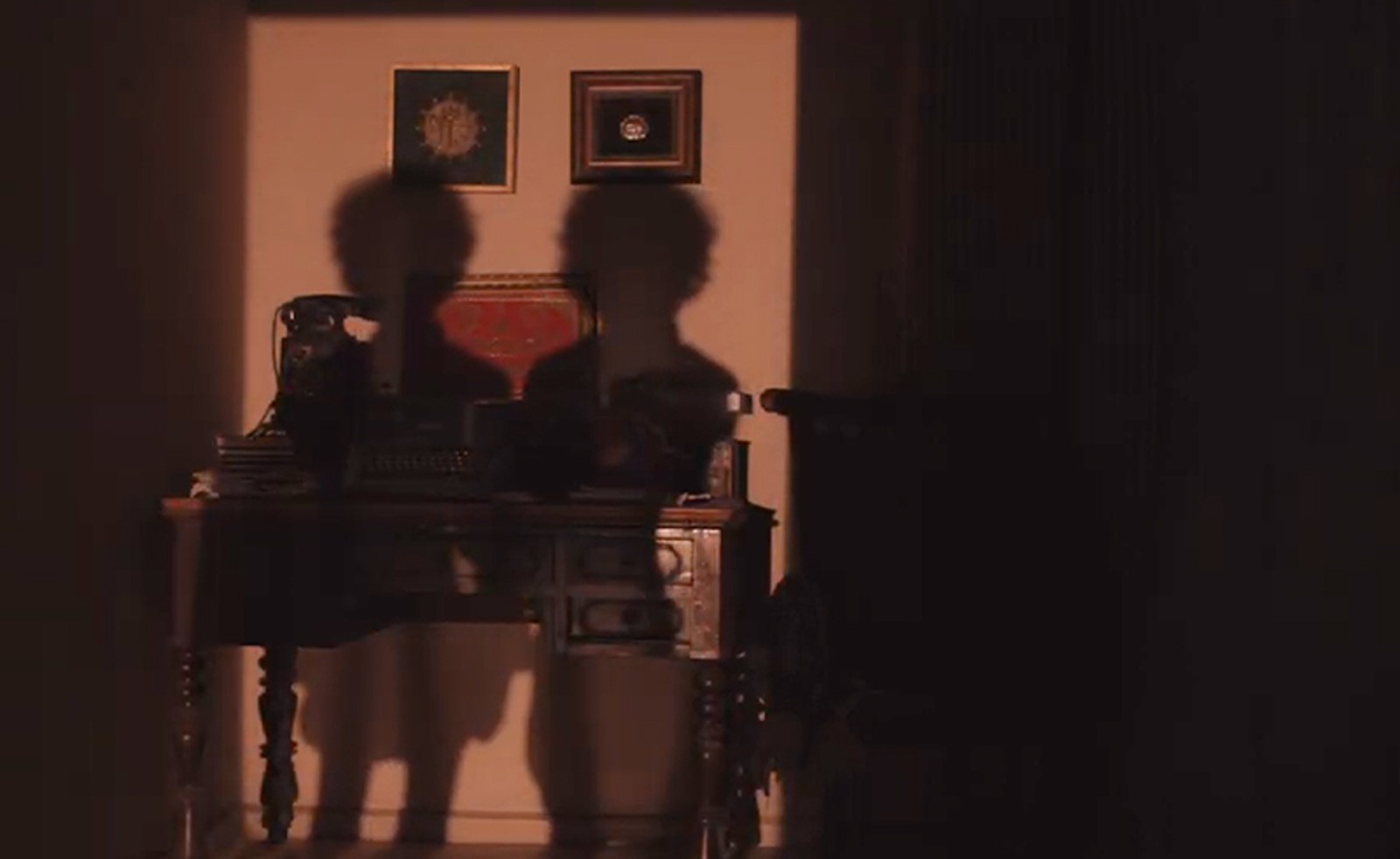



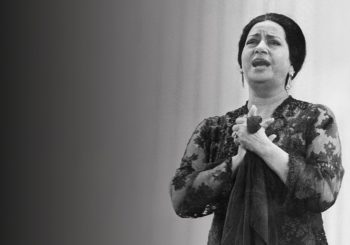
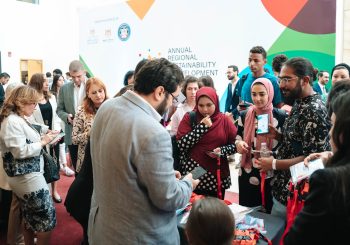
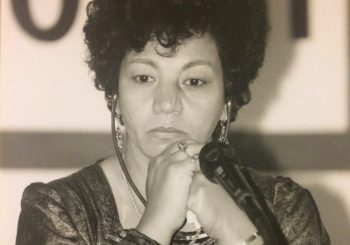
Comments (0)